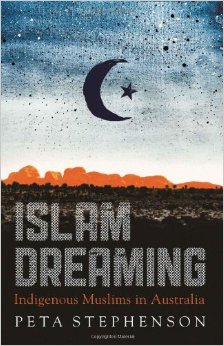Sam Harris, Jerry Coyne, and no doubt many other atheists have landed especially hard blows against the Muslim religion recently, prompted specifically by the recent wave of deadly protests over the trailer for the film Innocence of Muslims. So here are my two bits.
Sam Harris dismisses the idea that murderous violence of Muslim rioters should be ultimately blamed upon Western foreign policies (a euphemism for invasion, occupation, exploitation, support for violent overthrow of some dictators and democratically elected governments alike, and support for the violent entrenchment of other dictators among the Muslim states of the Middle East).
Sam Harris has countered that if it were not for the particular religious teachings of the Muslim religion then Muslims would not react with blood-lust against makers and facilitators of a satirical movie mocking their religion. Christians don’t react the same way when someone insults their faith. So it is clear that there is something more rotten in the state of Islam than in other religious faiths.
One of the problems (there are several) I have with this argument is that the Muslim violence we have been experiencing has not been with us until quite recent times. Violence and terrorism used to come from anarchists and secular political movements in Europe and the Middle East. The pioneer suicide bombers (in Lebanon in the 1980s) included Christians and Socialists (See Dying to Win by Richard Pape). The current wave of Muslim violence is not one of history’s constants but is a new thing.
Presumably Sam Harris’s complaint is that a more civilized religion would not see its adherents so seethe in response to whatever geopolitical shifts or Western policy intrusions into the Middle East have occurred in recent times, so that when an insulting work raises its head, devotees of more benign faiths would still manage to behave themselves.
But that just leads to the next question: Why do the majority of Muslims not react so violently but have instead been embarrassed by the violence and have loudly urged their brothers and sisters to simply ignore the ridicule? And another question: How do we explain the quiet of the Muslims for so long until quite recent times? Did no one ever publish a blasphemous or satirical cartoon or work until recent times? Or did Muslim communities generally ignore anything like that however offended they may have personally been? Continue reading “All this Muslim business”




 No sooner do we read of
No sooner do we read of 